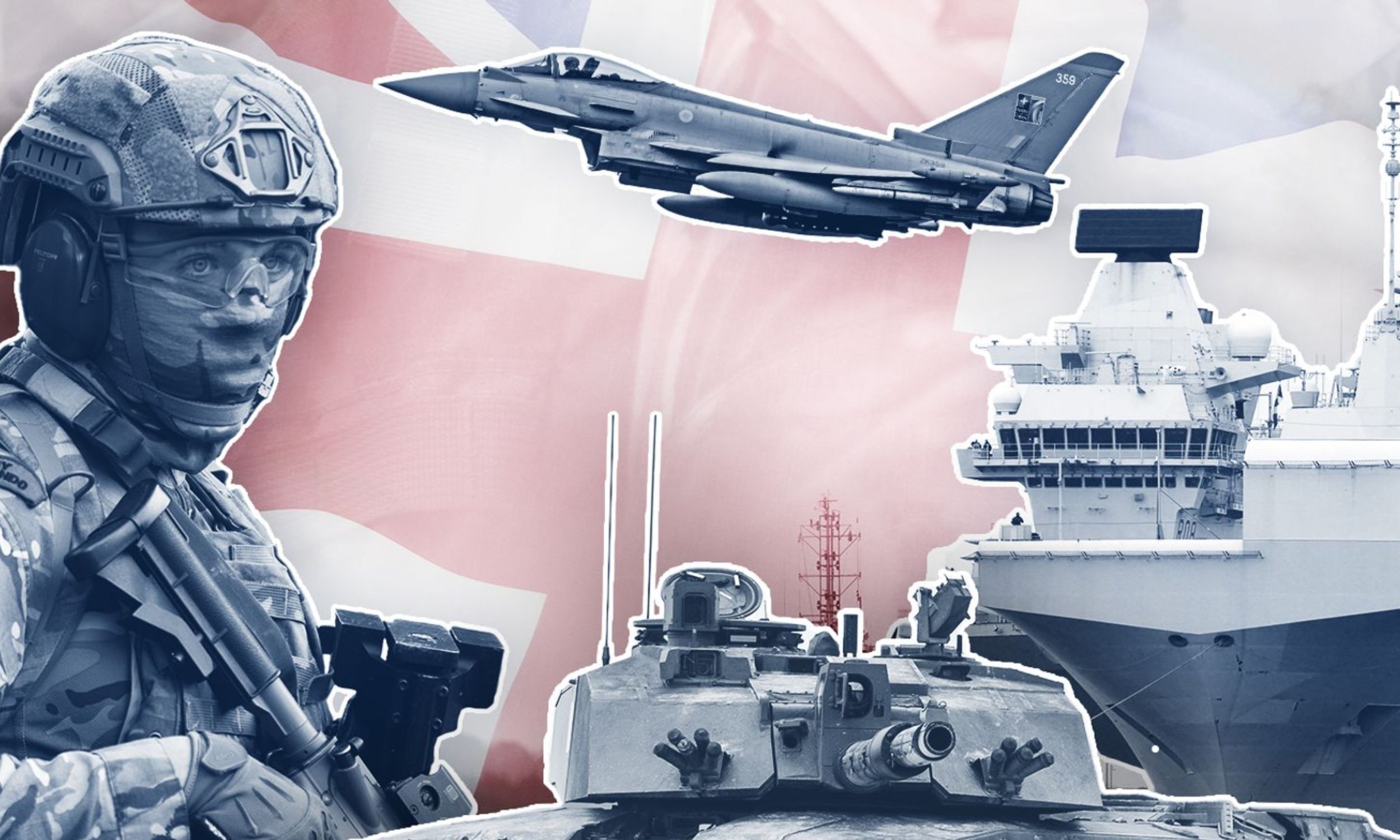Maj Gen James Martin has suggested that Britain may not be fully prepared to engage in a full-scale war on its own, due to the Army’s years of focus on counter-insurgency operations rather than major state conflicts. This shift in focus, stemming from wars in Syria, Iraq, and Afghanistan, led to the erosion of large-scale war-fighting skills.
In response to the war in Ukraine and the broader Russian threat to Europe, the British Army has been refocusing on readiness for large-scale conflicts. This week saw thousands of British troops participate in NATO’s largest military exercise since the Cold War in western Poland, named Operation Immediate Response.

Nearly 2,400 British troops, including Challenger II tanks, took part in a complicated river crossing operation, which was part of NATO’s Exercise Steadfast Defender, involving over 40,000 personnel, including 16,000 from the British Army.
Maj Gen Martin, commanding the Army’s 3rd Division, noted that after two decades of counter-insurgency, the Army had begun to lose its war-fighting capability but is now working to regain it.
However, he acknowledged the challenges posed by cuts, which have reduced the Army to its smallest size in 300 years and resulted in decreased stockpiles of ammunition and parts due to the focus on insurgencies that did not involve tanks or artillery.
Martin’s division is the only one in the UK at continual operational readiness. While he confirmed that the British Army could field a war-fighting division by NATO standards, he admitted there were areas where the Army was not at full strength and would need to rely on allies for support.
This includes maintaining stockpiles of munitions and spares for high-intensity conflict, which has not been a priority over the past 20 years but is now being addressed.
Despite these challenges, Maj Gen Martin insisted that British soldiers remain world-class in their combat abilities. However, he emphasized the need for continued effort to ensure they are properly equipped for sustained engagements.
He stressed that while Britain remains an important contributor to NATO, complacency must be avoided, especially in light of growing global threats, including those from China.
Gen Sir Patrick Sanders, the outgoing Chief of the General Staff, reinforced this perspective, stating that the defense of the UK extends beyond its immediate borders and necessitates a strong commitment to continental defense to bind allies and deter adversaries.


